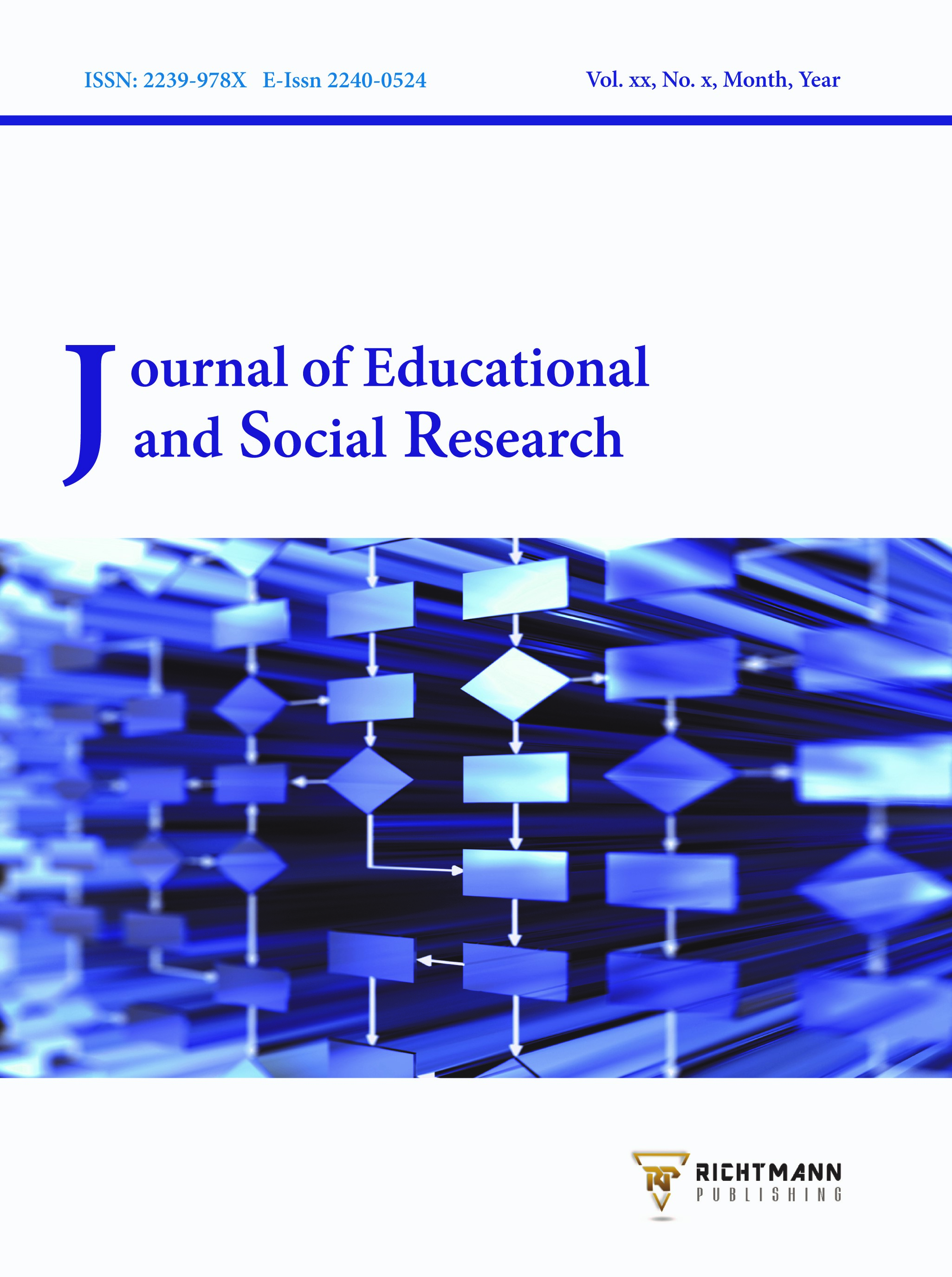Understanding the Phenomenon of Webinar Fatigue as Experienced by Filipino Professional Teachers
DOI:
https://doi.org/10.36941/jesr-2023-0108Keywords:
Professional Training, Remote Work, Teachers, Videoconference, Webinar FatigueAbstract
Webinar fatigue is a unique and contemporary phenomenon that warrants further understanding. This study examined the experiences of 39 Filipino professional teachers who reportedly experienced webinar fatigue. The five lifeworld existentials of van Manen—lived body, lived time, lived space, lived materiality, and lived relation—served as the study's interpretive hermeneutic phenomenological framework for exploring the phenomenon. The study employed interpretive analysis, which revealed three critical points for understanding webinar fatigue. The first point is that webinar fatigue disrupts multiple well-being dimensions, such as the physical, emotional, mental, social, and financial, leading to adverse consequences in work, social interaction, lifestyle management, and learning retention and satisfaction. This idea suggests that despite webinars' advantages, they can be detrimental if they cause fatigue. The second point is that webinar fatigue is a multifactorial condition where different technological, personal, environmental, and process factors contribute to its development. The third point is that webinar fatigue has its subjective interpretation—personal meaning, which in this study is revealed as a form of sacrifice for survival and competitive advantage in the present educational system and beyond. Numerous recommendations can be derived from the findings. A unique assessment of webinar fatigue is necessary, as the causes and effects of webinar fatigue are multifaceted and interdependent. The webinar facilitators and organizers must carefully select, organize, and schedule content topics that suit the participants' needs, motivations, and situations. Academic leaders and practitioners must set control mechanisms to ensure systematic participation in webinars and avoid overtraining.
Received: 9 May 2023 / Accepted: 15 June 2023 / Published: 5 July 2023
Downloads
Downloads
Published
Issue
Section
License

This work is licensed under a Creative Commons Attribution-NonCommercial 4.0 International License.
This work is licensed under a Creative Commons Attribution-NonCommercial 4.0 International License.









